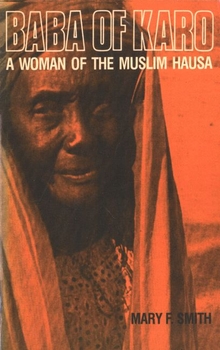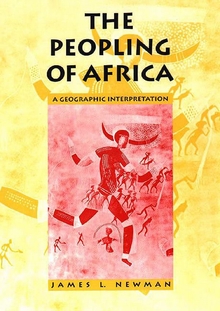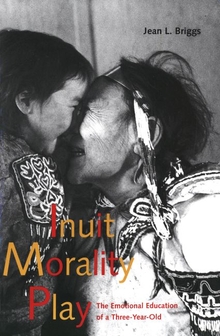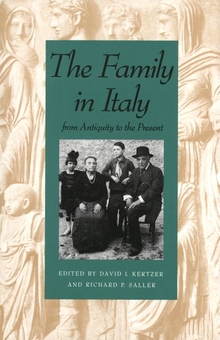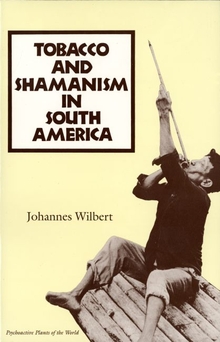Baba of Karo
WARNING
You are viewing an older version of the Yalebooks website. Please visit out new website with more updated information and a better user experience: https://www.yalebooks.com
A Woman of the Muslim Hausa
Mary F. Smith
Daughter of a Hausa farmer and Koranic teacher, Baba became Mary Smith’s friend in 1949, when M. G. and Mary Smith were engaged in fieldwork in Nigeria. In daily sessions for several weeks Baba dictated her life story, which Mrs. Smith has translated from the Hausa. The old woman’s memories reached back to the days of slave raids and interstate warfare before the British occupation, and she has left a fascinating and valuable record of Hausa life in the late nineteenth century and the first half of the twentieth.
Baba describes Hausa male-oriented society from a woman’s point of view, narrating not only her own life history but stories of other women who were close to her. She tells of Hausa domestic life, farming, and slavery, and explains the Hausa institutions of bond friendship, adoption, polygynous marriage, and kinship, showing how, in a society that permits easy and frequent divorce, children are not exclusively dependent on their biological parents for emotional support.
First published in 1945 and now reissued with a new foreword by Hilda Kuper, this autobiography of a shrewd, humorous, and courageous personality remains a classic in the field of African studies and a uniquely valuable account of a Muslim society in West Africa.
Baba describes Hausa male-oriented society from a woman’s point of view, narrating not only her own life history but stories of other women who were close to her. She tells of Hausa domestic life, farming, and slavery, and explains the Hausa institutions of bond friendship, adoption, polygynous marriage, and kinship, showing how, in a society that permits easy and frequent divorce, children are not exclusively dependent on their biological parents for emotional support.
First published in 1945 and now reissued with a new foreword by Hilda Kuper, this autobiography of a shrewd, humorous, and courageous personality remains a classic in the field of African studies and a uniquely valuable account of a Muslim society in West Africa.
"This is a most welcome reprint of a standard work . . . . Baba was an elderly and wise Hausa-speaking woman of Zaria. Her account of her life begins before the British occupation and vividly reconstructs both the society in which she was born and reared and the society in which she died, in 1951 . . . . A record such as this may no longer be possible."—West Africa
"Still ahead of its time in the attempt to present the religious life of a people through biography rather than analysis, through oral history rather than textual research, and through examination of the life of a single woman. Social scientists as well as feminists can applaud this methodology, and indeed the results reward the effort to find fresh dimensions to the study of another culture and religious tradition."—Jane I. Smith, The Muslim World
"The book is unique. Although classic anthropological techniques were used in doing the research, rarely has an anthropologist or a historian permitted himself or herself the luxury of depth in an attempt to understand another way of life. . . . This book is very relevant today. Not only is it a valuable contribution to the literature on women, it also points out an important direction in which we need to focus some of our current studies and generalizations about women. . . . A book many of us consider to be an old friend in both history and anthropology. It is a pleasure to have Baba back. She makes for some interesting reading, and she raises some important theoretical questions for the reader."—Margaret M. Knipp, Research in African Literatures
ISBN: 9780300027419
Publication Date: September 10, 1981
Publication Date: September 10, 1981
300 pages, 5 1/2 x 8 1/4

